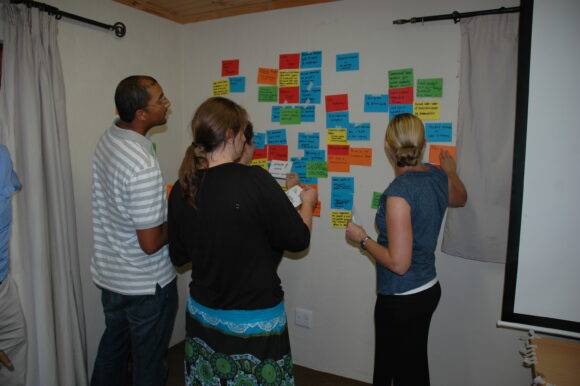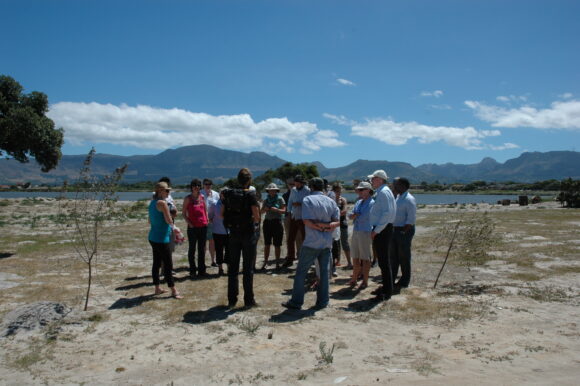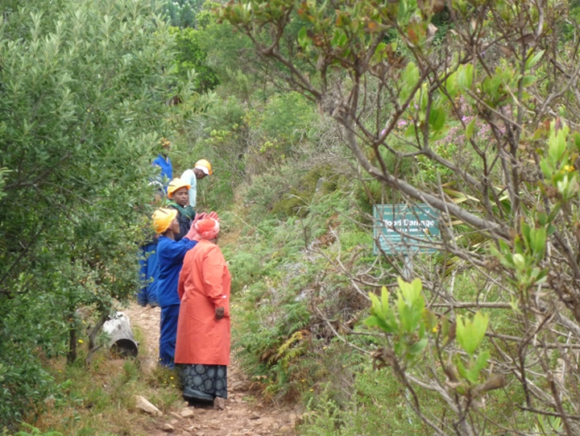Nature provides us with benefits such as fresh water, food, climate regulation, nutrient recycling and a sense of place. These benefits, also known as “ecosystem services”, are critical for our well-being and underpin any future development. Despite an increase in research on ecosystem services, and how these services link to development, it would seem that there is still a gap between ecosystem service research and the implementation of management activities on the ground.
In a paper published in Landscape Ecology, PhD student Nadia Sitas and C·I·B researchers Prof Karen Esler and Dr Heidi Prozesky, together with Prof Belinda Reyers (CSIR) tested an approach that recognised the importance of multi-stakeholder perspectives in exploring opportunities and challenges for mainstreaming ecosystem services in development planning.

The research found that many challenges for mainstreaming ecosystem services exist, such as: insufficient resources; confusion about the concept of ecosystem services; tension between environmental and development concerns; weak alignment of policies and legislation and minimal proactive planning. Despite the challenges, the research also found some opportunities for mainstreaming ecosystem services, especially in relation to: communicating ecosystem service science; the contribution of information to disaster risk-reduction; sector and spatial planning; policy tools and regulatory instruments and the important role of champions.
“This research is important as it highlights the opportunities for mainstreaming ecosystem services that are user-inspired, and that are based on the complexities of management activities on the ground.” says Sitas, lead author of the paper.
Read the paper
For more information, contact Nadia Sitas at nadiasitas@gmail.com




